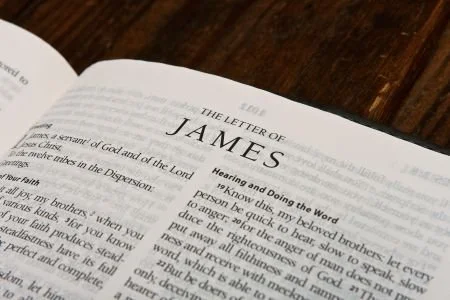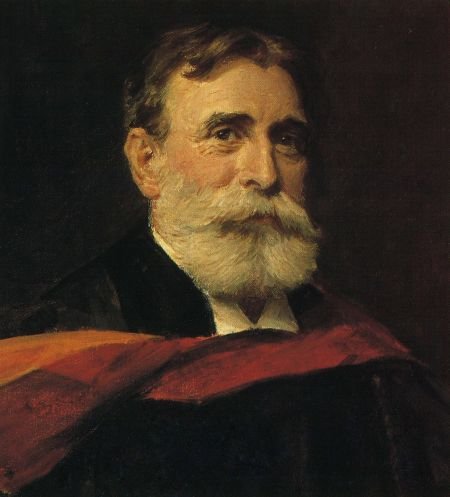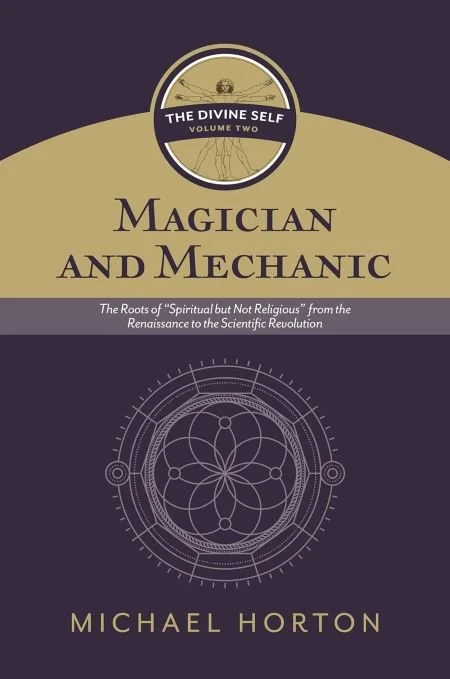The Wrap Up Begins
The author of Hebrews brings his letter to a close. He is writing to a church going through a very difficult time of trial. We don’t know where this church was located (probably in Rome or possibly in Alexandria). Nor do we know much about the congregation–which likely was small and met in someone’s home. But we do know that one pressing issue facing this church was that a number of their members had left the congregation and returned to Judaism.
Throughout the first twelve chapters of this epistle the author has made his case for the superiority of Jesus Christ. As the creator of all things, and the redeemer of God’s people, Jesus is far superior to angels, to Moses, and to the priests of Israel. His is an eternal priesthood after the order of Melchizadek, and Jesus serves as priest in the heavenly temple, of which the earthly temple was a type and shadow. But as the author wraps up this epistle he issues a number of direct exhortations to those receiving this letter. These exhortations are well-familiar to readers of the New Testament. These include the need to love others (especially our brothers and sisters in Christ), to exercise hospitality, to have compassion upon those imprisoned (likely because of their faith in Christ), and that Christians must avoid all forms of sexual immorality. Yet, as the author goes on to point out, these exhortations only make sense in light of Jesus Christ’s sacrifice for our sins.
The Redemptive Historical Background
We will cover the first half of chapter 13 (vv. 1-16) in this exposition, and then next time, Lord willing, we will conclude our exposition of The Book of Hebrews.
As we saw in Hebrews 11, the author gave us a redemptive-historical survey (the so-called “hall of faith”) to make the point that a number of Old Testament figures were looking ahead to the fulfillment of God’s covenant promise. Some names on the list surprise us. That covenant promise is now fulfilled in Jesus Christ, who is, as we read in chapter 12, the founder and perfecter of faith. In light of the fact that God’s gracious covenant promises are fulfilled in Christ, the author exhorts us to run the race (live the Christian life) all the while keeping our gaze fixed upon Jesus Christ at the finish line. As sons and daughters of God (because of Jesus who is our mediator), we must endure the race, and at the same time grow to appreciate the discipline we receive from our heavenly father who loves us and does what is best for us because we are his adopted children.
As we saw last time in the previous installment in chapter twelve, God’s glory was manifest upon Mount Sinai as he give Israel his law. Sinai shook and the sky was filled with the signs of God’s holy presence–thunder and lightening. Because God’s holy presence consecrated the mountain, the people were warned that none dare approach (human or beast). Terrified, the people pleaded with Moses to go up on the mountain, listen to the voice of God, and then come back down to tell the people what it was that God had revealed. Apart from a mediator between sinners and a holy God, no one can dare enter the presence of God or withstand his holy voice. Because we are sinful, we risk being consumed by God’s holy wrath should he approach—unless a divinely-appointed mediator turns aside the wrath of God from us. That mediator is, of course, Jesus Christ.
And yet, as the author of Hebrews points out, as Christians we do not approach Mount Sinai, nor do we serve God under the old covenant with its sinful and weak human mediator in the person of Moses. No, the author says, we have come to a heavenly Mount Zion, a heavenly city (the New Jerusalem), and to the church of the living God (the church of the first born), whose members are even now enrolled in heaven. Because Jesus is the mediator of a new and better covenant, we have received a kingdom which cannot be shaken (unlike earthly kingdoms which will pass away when Christ returns). Because Jesus has died for our sins and covered our unrighteous with his perfect righteousness, it is with grateful hearts that we are now free to offer God acceptable worship with reverence and awe. As the author has pointed out, in every way, the new covenant is a better covenant than the old, because Jesus is a better mediator who offers better promises than God gave to Israel (types and shadows).
So, having made the point that all Christian believers are enrolled in the heavenly city and entitled to all the blessings earned for us by Jesus Christ, in chapter 13 the author now lays out a series of imperatives which flow out from the doctrine he has spent the previous twelve chapters explaining.
To read the rest, follow the link below
Read More
















